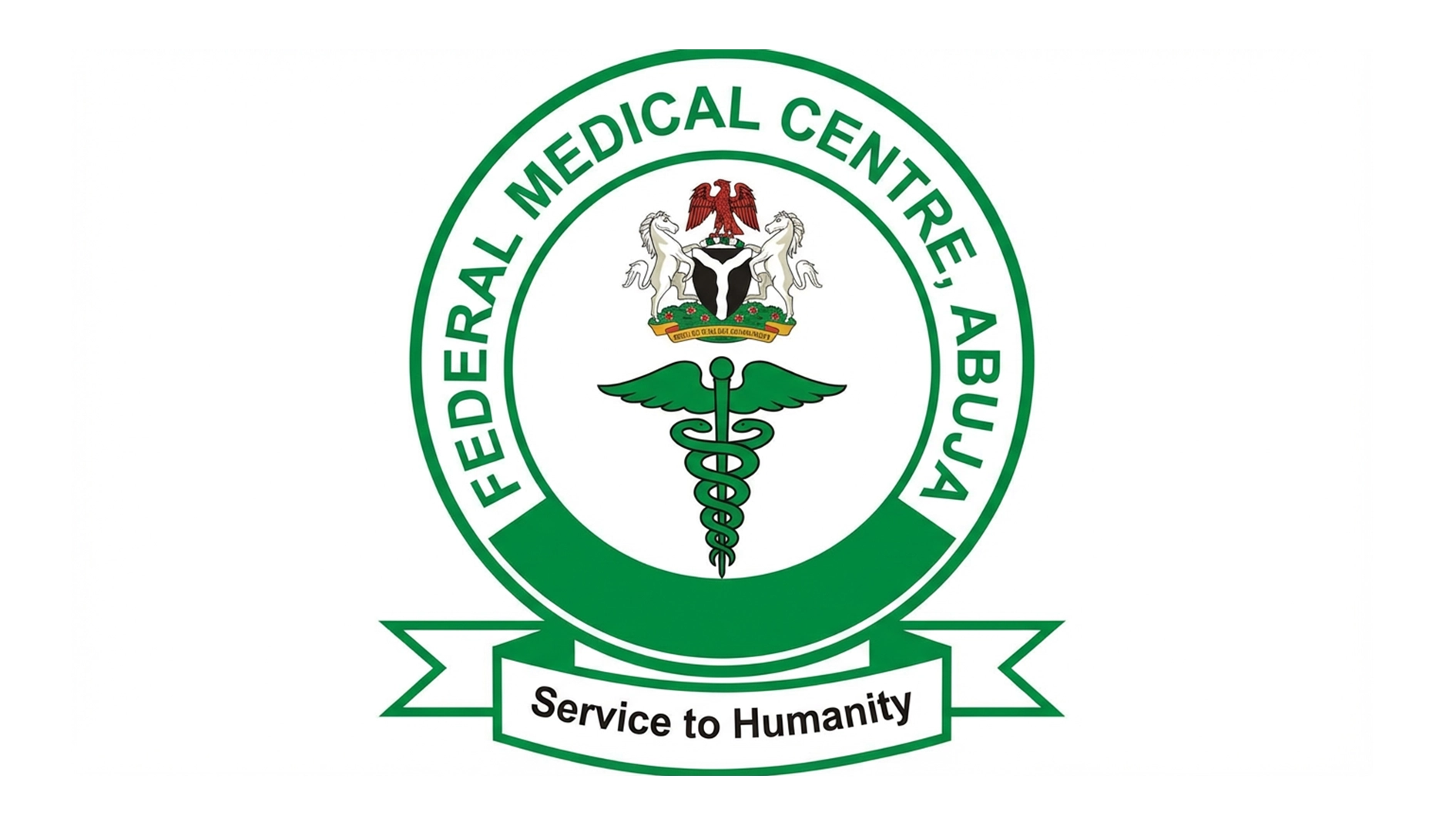The National Orthopaedic Hospital, Igbobi, Lagos (NOHIL), has urged the government to prioritise a National Strategic Surgical Plan to tackle the growing toll of orthopaedic trauma, warning that the burden is placing a heavy strain on Nigeria’s health system and economy.
The call was made during the hospital’s 46th Annual Scientific Conference, themed: ‘Socio-Economic Burden of Orthopaedic Trauma: Nipping the Menace in the Bud’, a two-day gathering of stakeholders to discuss strategies for reducing preventable injuries and improving trauma care delivery in the country.
Speaking at the event, the Acting Medical Director, Dr Wakeel Lawal, described trauma as one of the world’s leading health challenges, killing 4.4 million people annually and accounting for 8 per cent of global deaths.
Lawal, who represented the Chairman of the Local Organising Committee, noted that road traffic crashes were the leading cause of death for people between the ages of 5 and 29 years, with Nigeria bearing a significant portion of this burden. He stressed the need to strengthen trauma response systems, improve pre-hospital care, and expand access to emergency facilities.
Delivering the keynote lecture, Consultant Orthopaedic Surgeon, Dr Olatunji Idowu, said trauma should be regarded not only as a medical issue but also as a socio-economic crisis.
He explained that orthopaedic injuries often immobilise patients, preventing them from working, while families lost income and caregivers were forced to abandon jobs, thereby worsening household poverty. Idowu identified poor road safety enforcement, bad infrastructure, and reliance on unqualified bone setters as key factors worsening outcomes.
The surgeon warned that most accidents were preventable and cautioned that without stronger regulations and public education, trauma cases would continue to rise. He added that the overwhelming number of trauma cases stretched hospitals beyond capacity, leading to longer waiting times and burnout among health workers.






